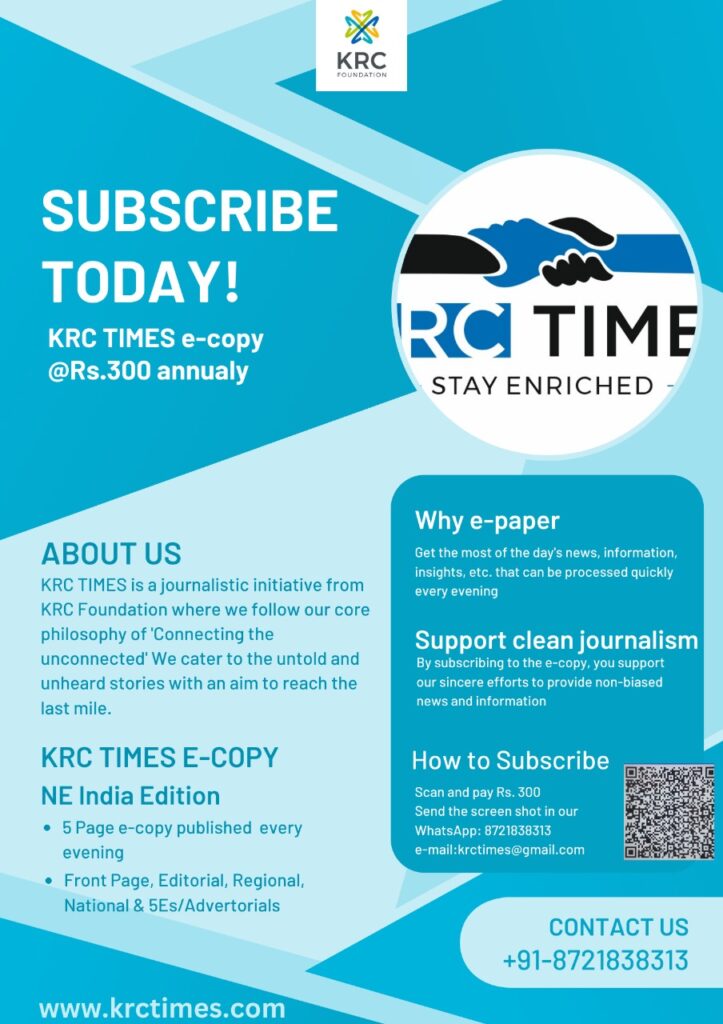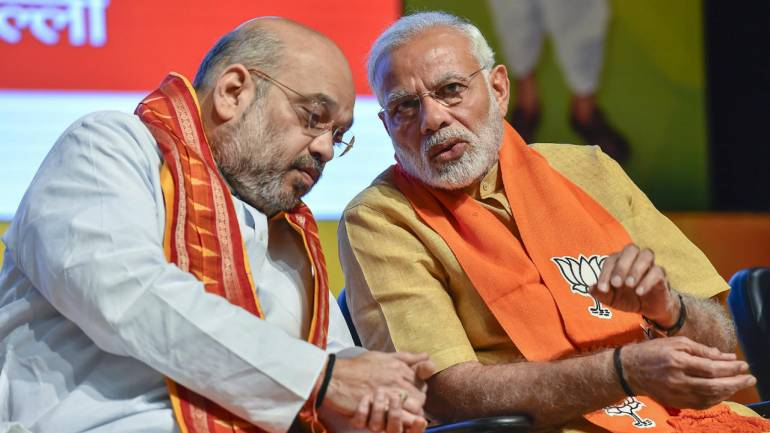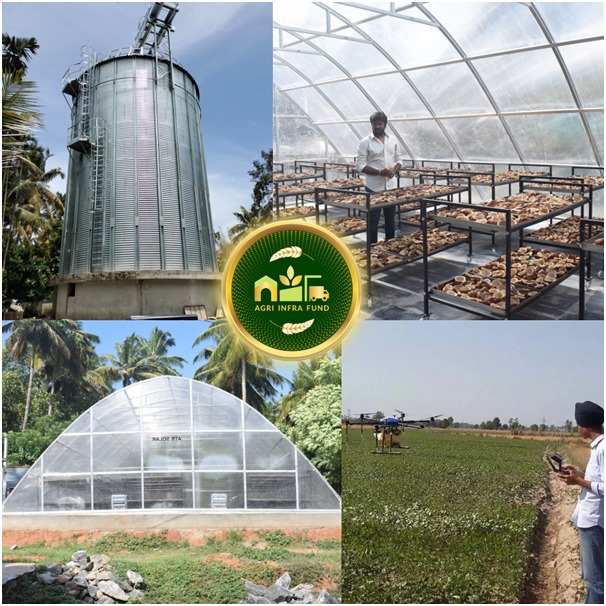In the vibrant tapestry of world’s oldest and largest democracy, the spectacle of general elections is not merely a political event but a grand carnival of ideologies, aspirations, and zealous emotions. With every five-year cycle, the nation is gripped by fervour akin to a festival, where citizens participate in the ultimate exercise of their democratic rights
 KRC TIMES Desk
KRC TIMES Desk

Dr Ritika Sambyal
“A man without a vote is a man without protection.”
– Lyndon B. Johnson
In the vibrant tapestry of world’s oldest and largest democracy, the spectacle of general elections is not merely a political event but a grand carnival of ideologies, aspirations, and zealous emotions. With every five-year cycle, the nation is gripped by fervour akin to a festival, where citizens participate in the ultimate exercise of their democratic rights. However, amidst the hustle and bustle of campaign rallies, political promises, and fervent debates, one wonders: are Indian general elections more feverish battlegrounds of power or jubilant celebrations of democracy?
Elections- A festival in India which starts on the very day when election commission announced the dates and the model code of conduct is imposed. The people of India participate in the preparation of elections like other festivals, viz., Holi, Eid, Deepawali, Gurupurab, Christmas etc. These days in every nook and corner, everyone discusses about the candidates, their rally schedules, party manifestos etc. Also, they spare time from their busy schedule to visit these rallies of candidates to know more about their party election agendas and accordingly cast their votes in favour of deserving candidate who will represent their problems in Lok Sabha. Earlier, these discussions, you can also call it as gossips used to be usually exchanged over tea stalls and parks but now all these have shifted to whatsApp groups and Facebook posts etc. India, a highly expressive country when it comes to the question which party should win, is now largely confined to the mobile phones. Students from Universities and Colleges perform their duty as citizens of this largest democracy by visiting door to door to generate awareness about the benefits of casting votes in upcoming general elections.
“Election fever on the streets is waning with the advent of communication platforms such as social media, which is persuasive and often works to change or influence opinions when it comes to political views because of the abundance of ideas, thoughts, and opinions circulating through them”. At first glance, the intensity and passion that accompany India’s electoral process might suggest an atmosphere of feverish competition. The stakes are undeniably high, with political parties vying for power, influence, and the opportunity to shape the nation’s future. Campaigns are often marked by heated rhetoric, strategic manoeuvring, and intense media scrutiny. The air is charged with anticipation, and the outcome holds the potential to redefine the country’s trajectory for years to come.
Yet, beyond the political theatre lies the beating heart of Indian democracy-its people. For millions of Indians, elections represent more than just a clash of political ideologies; they signify an affirmation of citizenship, a celebration of diversity, and a reaffirmation of democratic values. The electoral process becomes a platform for citizens to voice their hopes, concerns, and aspirations. It is a time when the rich tapestry of India’s cultural, social, and economic diversity is on full display, transcending barriers of class, caste, religion, and language.
In many ways, Indian general elections resemble a festival-a grand celebration of democracy in action. From the fervent debates in urban centres to the quiet polling booths in remote villages, every nook or corner of the nation is touched by the spirit of electoral participation. The election season brings communities together, fostering dialogue, engagement, and a sense of collective purpose. Campaign rallies reverberate with slogans and songs, reflecting the pulse of the electorate. Volunteers work tirelessly to ensure smooth voting processes, and the media plays a crucial role in shaping public discourse.
Moreover, elections in India are characterised by their sheer scale and magnitude, akin to a festival of unprecedented proportions. With over 900 million eligible voters and millions of polling stations spread across the length and breadth of the country, the logistical feat is nothing short of extraordinary. The electoral process unfolds like a grand spectacle, drawing the attention of the international community and reinforcing India’s status as the world’s largest democracy. Yet, amidst the festivities, challenges persist. Issues of electoral integrity, political polarisation, and systemic inequities underscore the need for continuous vigilance and reform. While elections serve as a cornerstone of Indian democracy, they also highlight the imperative of strengthening democratic institutions, ensuring transparency, and safeguarding the rights of all citizens.
In the final analysis, Indian general elections embody a unique blend of fever and festival – a dynamic interplay between the pursuit of power and the celebration of democracy. As the nation gears up for yet another electoral extravaganza, let us not lose sight of the values that bind us together: equality, justice, and the collective will of the people. In this grand saga of democracy, may the fever of competition be tempered by the spirit of inclusivity, and may the festival of elections reaffirm our commitment to building a more prosperous, equitable, and vibrant India.






